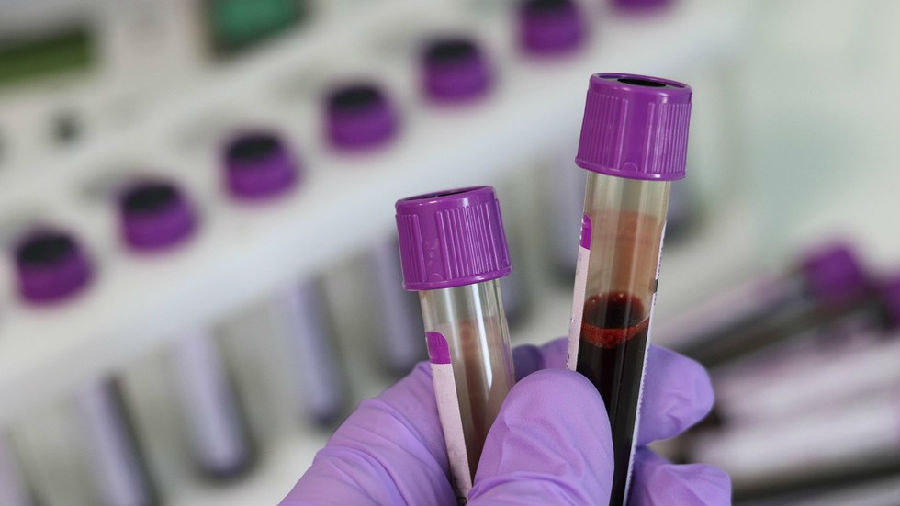A team of scientists claim to have developed the world's first blood test that can detect Alzheimer's disease.
一个科学家小组声称已研发出世界首个用于检测阿尔茨海默症的血液测试方法。
The pioneering method may prove vital in dealing with the impending dementia crisis the world could face this century.
经证明这个先进的方法在应对本世纪全球将遭遇的老年痴呆危机中起到至关重要的作用。
The Amplified Plasmonic Exosome (Apex) system was developed by researchers at the National University of Singapore (NUS) and analyzes specific proteins in blood samples, catching the disease earlier than ever before.
放大等离子体外泌体(Apex)系统由新加坡国立大学研究人员研发,分析血液样本中特定的蛋白质,能比以往更早发现疾病。
The current preferred methods to diagnose dementia (of which Alzheimer's makes up some 50-70 percent of cases) are a neuropsychological test, spinal fluid sampling and brain Positron Emission Tomography (PET) imaging, all of which are more expensive, invasive or time-consuming than the Apex system.
当前首选的痴呆(其中老年痴呆的诊断占比约为50% -70%)诊断方法是神经心理测验、脊髓液取样和脑正电子发射断层显像技术。相比放大等离子体外泌体系统法,这些方法更贵、对人体影响更大、耗时也更长。
The current design of the Apex system can test 60 samples simultaneously, with results "available in less than one hour."
目前应用的放大等离子体外泌体系统法能同时检测60份样本,“不到一小时”就能出结果。
It is expected to come online in general medicine within the next five years and currently costs SGD$60 (USD$44) to administer.
预计五年内这种方法会应用于普通医学中,目前检测费用为60新币(44美元)。

At present there are roughly 50 million dementia patients worldwide but that is estimated to balloon up to 152 million by 2050, marking one of the most significant impending health crises humans face as a species.
目前全球约有5000万痴呆患者,据估计到2050年这一人数会上涨到1.52亿,痴呆将成为人类这一物种即将面临的最严重的健康危机之一。
This new technology could drastically improve early detection and treatment which is critical to disease management and mitigation of symptoms.
这项新技术会彻底改善早期检测和治疗,而这对控制疾病和缓解症状都至关重要。
It could also be "easily scaled up" for large-scale clinical tests and helping find the right treatment, according to research leader Shao Huilin of the NUS Institute for Health Innovation & Technology.
新加坡国立大学健康创新与技术研究所研究负责人Shao Huilin表示,此项测试还很容易“扩展”到大规模临床测试,并有助于找到正确疗法。












